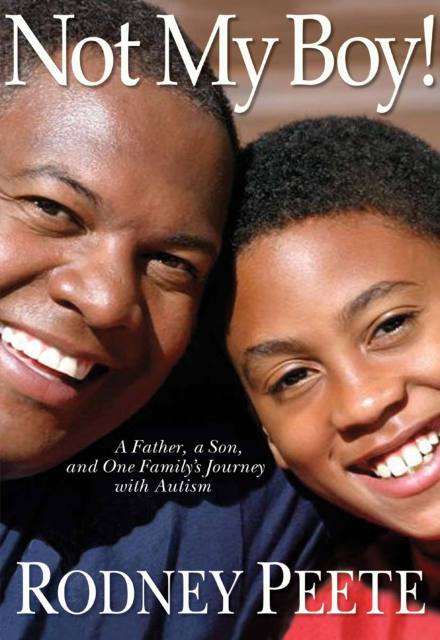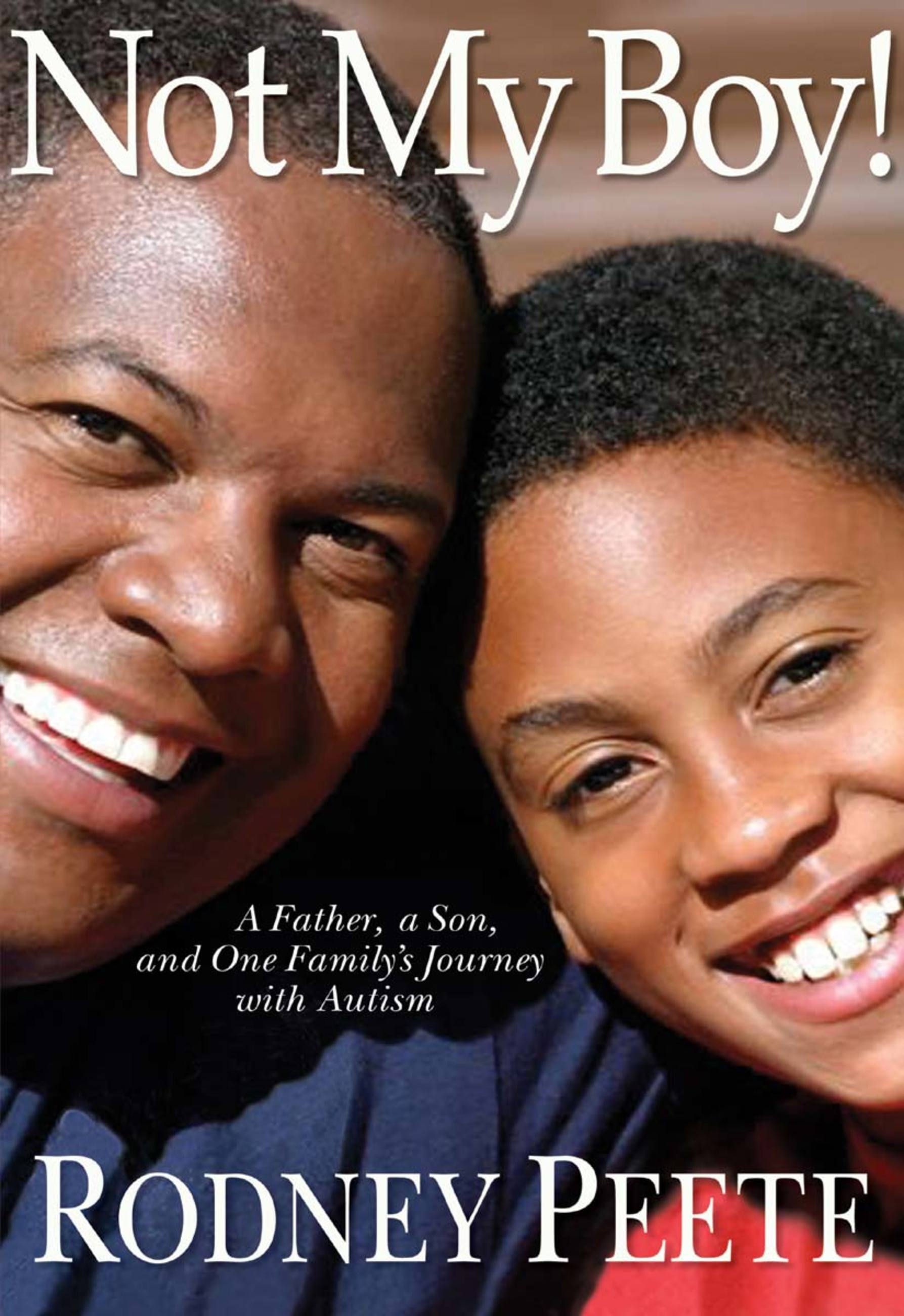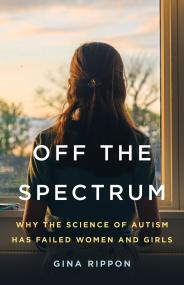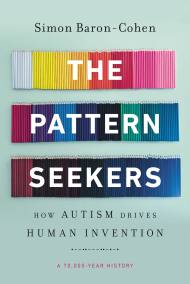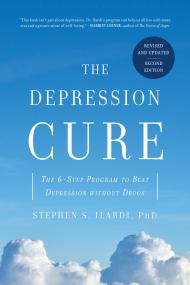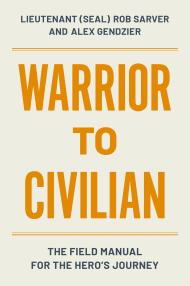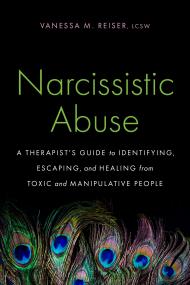By clicking “Accept,” you agree to the use of cookies and similar technologies on your device as set forth in our Cookie Policy and our Privacy Policy. Please note that certain cookies are essential for this website to function properly and do not require user consent to be deployed.
Not My Boy!
A Father, A Son, and One Family's Journey with Autism
Contributors
By Rodney Peete
Formats and Prices
- On Sale
- Mar 16, 2010
- Page Count
- 256 pages
- Publisher
- Grand Central Publishing
- ISBN-13
- 9781401395100
Price
$11.99Price
$15.99 CADFormat
Format:
ebook (Digital original) $11.99 $15.99 CADThis item is a preorder. Your payment method will be charged immediately, and the product is expected to ship on or around March 16, 2010. This date is subject to change due to shipping delays beyond our control.
Buy from Other Retailers:
Autism affects four times as many boys as it does girls. For their fathers, expectations and hopes are drastically changed — as NFL star Rodney Peete’s were when his son R.J. was diagnosed at the age of three. After a period of anger and denial, an all-too-common reaction among fathers, Rodney joined his wife, Holly, in her efforts to help their son. With determination, love, and understanding, the family worked with R.J. to help him once again engage with the world.
Eight challenging years later, R.J. has gone from the son one doctor warned would never say “I love you” to a thriving, vibrant boy who scored his first soccer goal while his dad cheered from the sidelines.
Praise for Not My Boy!
“I wish I had something fancy to say, but this story is simply beyond words–just read it! I vote to make Rodney’s book, Not My Boy!, required reading for every first-time, second-time, or any-other-time father.” — Will Smith / actor, producer
“Rodney Peete writes a compelling book that will help fathers emotionally deal with the challenge of raising a child with autism. The mental toughness of a man all but disappears when faced with this reality, but Rodney’s candid message will encourage anyone who is chosen to be on this journey.” — Alonzo Mourning, former NBA player
“Not My Boy is a must-read for parents–especially dads–who have a child on the autism spectrum. It’s inspiring, enlightening, and most importantly, truthful. Rodney gives the reader the real story on how autism can cause total dysfunction in the family, and in even the strongest of marriages, if husband and wife don’t work as a team. He opens up his heart, and speaks candidly about his mistakes, all the while learning how to best help R.J. in his battle to overcome the challenges of autism. Their fight is by no means over, but the experiences that he shares will help every family, and every couple, to be better advocates, teachers, and parents.”
–Artie Kempner, lead director for NASCAR/NFL on Fox
“A book every father needs to read! Not My Boy is about unconditional love. I read it in one weekend. . . It was and is amazing.” — Cyd Wilson, InStyle magazine
Newsletter Signup
By clicking ‘Sign Up,’ I acknowledge that I have read and agree to Hachette Book Group’s Privacy Policy and Terms of Use
